This one-day workshop explores interdisciplinary and innovative approaches to dealing with a country’s troubled past through memorialisation as a key aspect of transitional justice. It is organised by the Conflict Transformation Studies team as part of the Centre for Conflict, Rule of Law and Society (Bournemouth University).
Location: Executive Business Centre (7th Floor, EB706), 89 Holdenhurst Road, Bournemouth, BH8 8EB
Programme:
9.00 Arrival and registration
9.30 Introduction and Welcome by Melanie Klinkner and Welcome by Sascha Bachmann (Director of the Centre for Conflict, Rule of Law and Society)
9.40 Key Note Address by Nora Ahmetaj, Co-founder of the Centre for Research, Documentation and Publication (Kosovo): ‘Critical approaches to ‘reconciliation’ and transitional justice in Kosovo’s post-war memory’
10.40 Coffee Break
11.00 Panel 1: Chair Avital Biran
Ellie Smith, Newcastle University Forum for Human Rights and Social Justice: ‘Commemoration and Memory: specific justice needs of victims in the aftermath of international crimes and gross violations’
Robyn Leslie, King’s College London: ‘Remember Marikana: apportioning blame or accepting complicity?’
Nina Fischer, University of Edinburgh: ‘National Memory of Trauma and the Perpetuation of Conflict: Israel/Palestine’
12.30 Lunch
13.15 Panel 2: Chair Melanie Klinkner
Denisa Kostovicova, London School of Economics: ‘War Crimes Talk: Transitional Justice and Communication’
Hanna Kienzler, School of Social Science and Public Policy, King’s College (London): ‘Embodied struggles for societal change’
Linda Gusia, University of Prishtina: ‘Breaking the Silence – Recognition of the survivors of wartime sexual violence in Kosovo’
Laura Grace and Stephanie Schwandner-Sievers, Bournemouth University: ‘Quests into post-war Kosovo’s memoryscapes: the interdisciplinary, anthropological and co-creative challenges of BU’s fusion project for a serious game’
15.15 Coffee Break
15.45 Roundtable discussion
What and/or who can make transitional justice initiatives work? How can contested memories be integrated to support conflict transformation? Reflections and insights from past, present and towards the future. Facilitated by Stephanie Schwandner-Sievers and Melanie Klinkner (Bournemouth University).
Confirmed panel Members include:
Nora Ahmetaj (Centre for Research, Documentation and Publication),
Nina Fischer (University of Edinburgh),
Eric Gordy (University College London),
Hanna Kienzler (King’s College London),
Denisa Kostovicova (London School of Economics), and
Christian Pfeifer (Forum Civil Peace Service).
17.00 Closing remarks
Tabled Paper(s): Vjollca Krasniqi, University of Prishtina: ‘War, Law, and Justice in Kosovo’.
Contact: For more information, please contact the organisers Melanie Klinkner (mklinkner@bournemouth.ac.uk) or Stephanie Schwandner-Sievers (sssievers@bournemouth.ac.uk). For urgent matters on the day, please contact Reception at the Executive Business Centre on 01202 968003
Registration: this event is free of charge. However, spaces are limited. For participation please register by 27 April 2016 with the organisers.

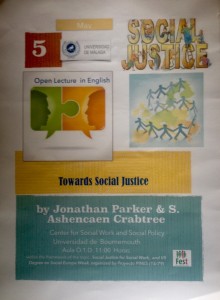
 We would like to invite you to the latest research seminar of the Creative Technology Research Centre.
We would like to invite you to the latest research seminar of the Creative Technology Research Centre.
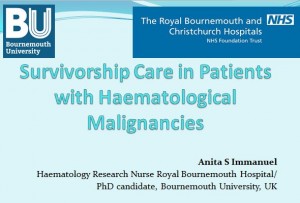
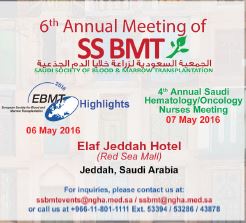


![image[1]](http://blogs.bournemouth.ac.uk/research/files/2016/05/image1-1-300x113.jpeg)
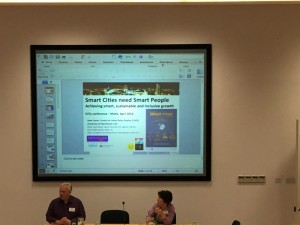
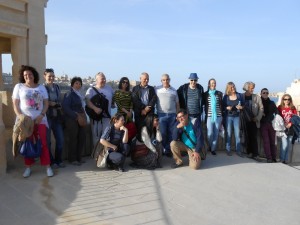

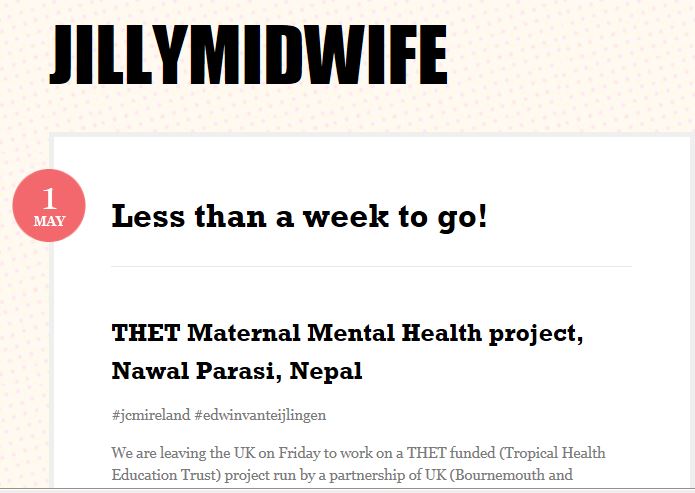
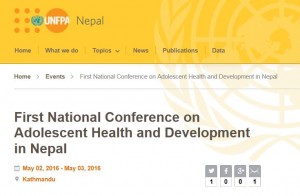


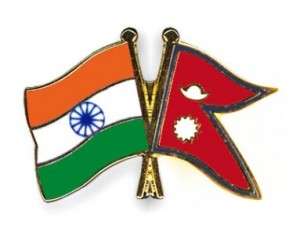












 New CMWH paper on maternity care
New CMWH paper on maternity care From Sustainable Research to Sustainable Research Lives: Reflections from the SPROUT Network Event
From Sustainable Research to Sustainable Research Lives: Reflections from the SPROUT Network Event REF Code of Practice consultation is open!
REF Code of Practice consultation is open! ECR Funding Open Call: Research Culture & Community Grant – Apply now
ECR Funding Open Call: Research Culture & Community Grant – Apply now ECR Funding Open Call: Research Culture & Community Grant – Application Deadline Friday 12 December
ECR Funding Open Call: Research Culture & Community Grant – Application Deadline Friday 12 December MSCA Postdoctoral Fellowships 2025 Call
MSCA Postdoctoral Fellowships 2025 Call ERC Advanced Grant 2025 Webinar
ERC Advanced Grant 2025 Webinar Update on UKRO services
Update on UKRO services European research project exploring use of ‘virtual twins’ to better manage metabolic associated fatty liver disease
European research project exploring use of ‘virtual twins’ to better manage metabolic associated fatty liver disease